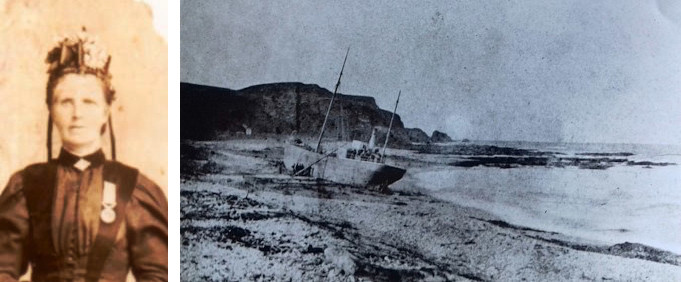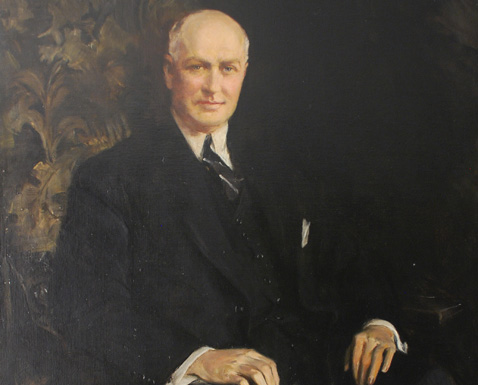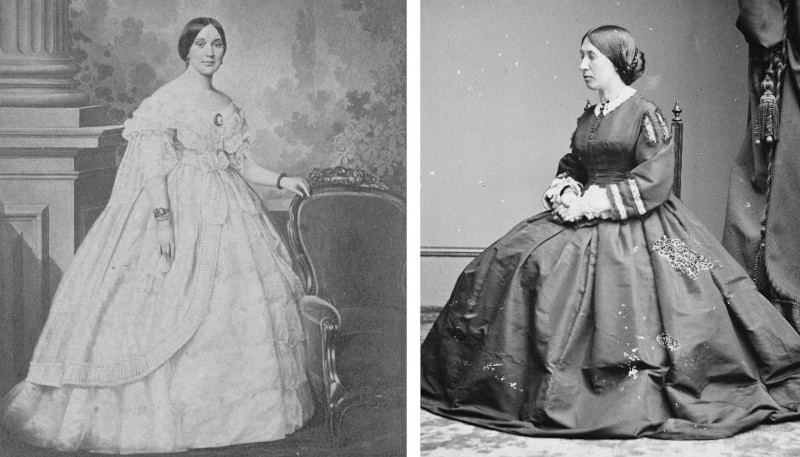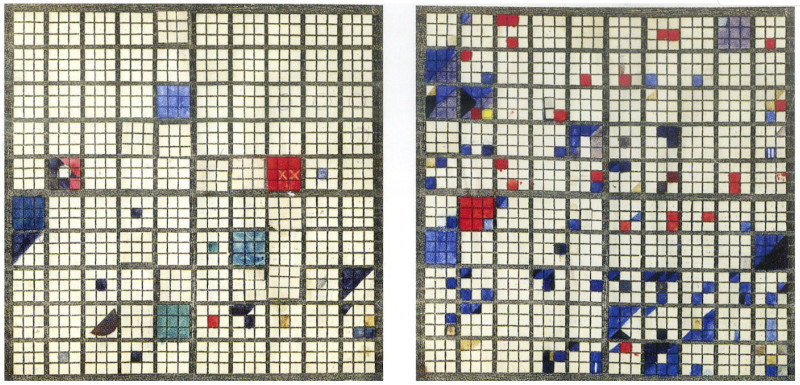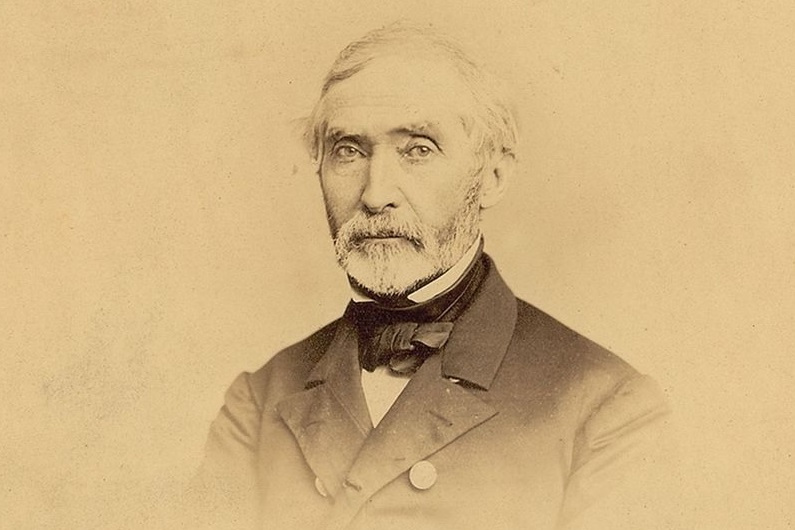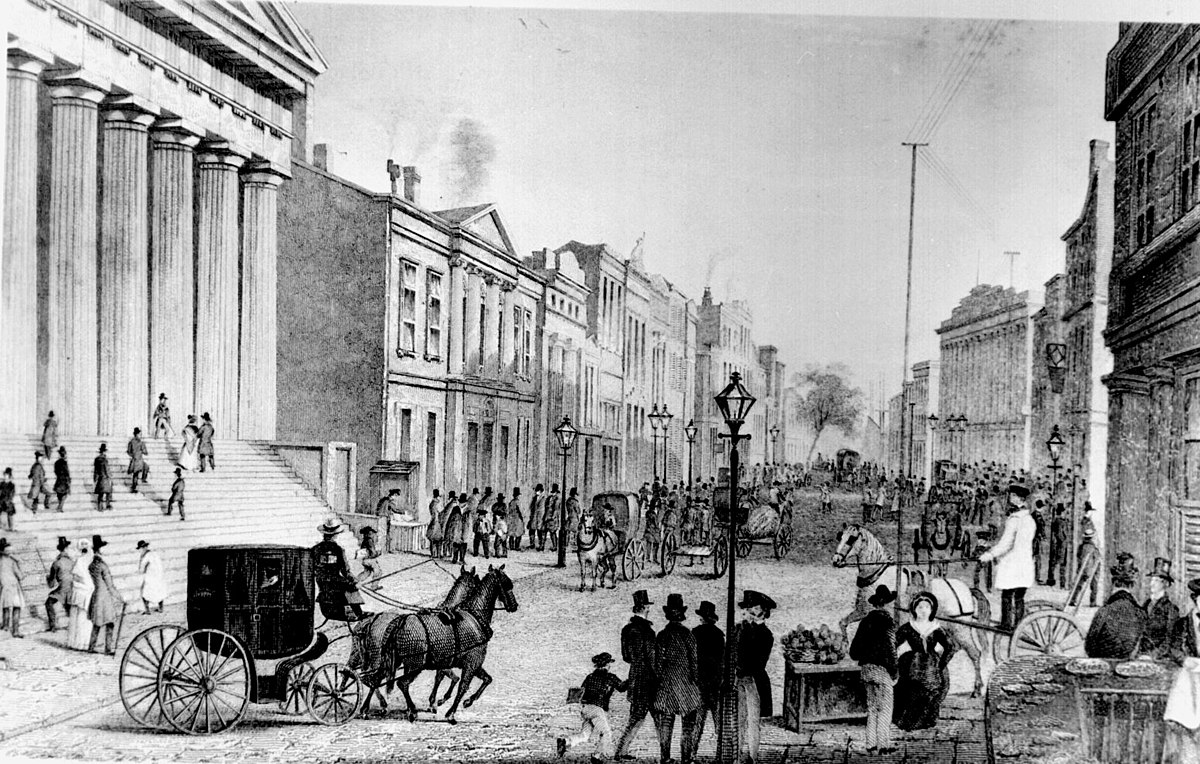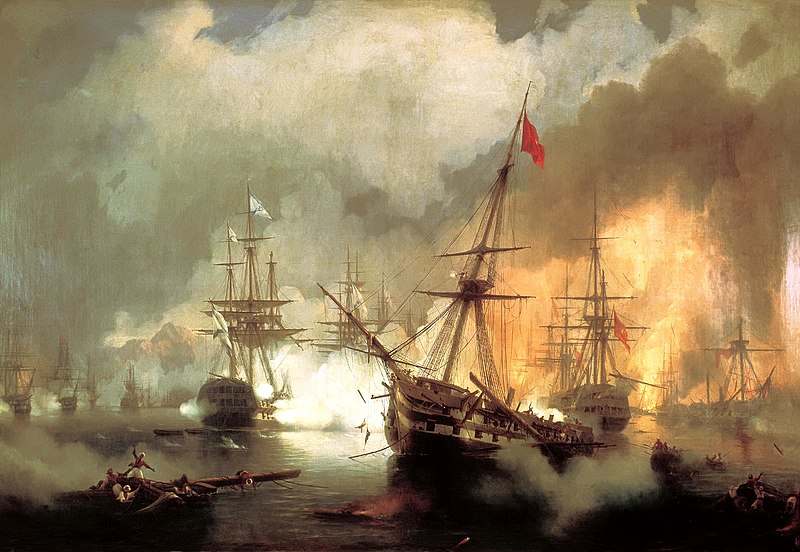
In 1827, during a tense standoff in the Greek War of Independence, a single musket shot set off a cataclysm:
A British frigate sent its cutter to ask one of the Turkish ships to make space by moving its anchorage [in Navarino Bay]. The boat was unarmed, but a trigger-happy Turkish marine decided it was hostile and fired a single musket shot. His aim was good and he hit the boat’s officer. In return the frigate’s marines gave covering musket fire and, on hearing the fusillade, an overexcited Egyptian cannoneer fired at the French flagship, which replied with a full broadside.
Like Nelson’s engagement at Aboukir Bay, this was a duel between anchored gun batteries, rather than a conventional fleet action. Muzzle-to-muzzle, the two sides blazed away at each other with heavy guns and carronades. When the smoke cleared, the Anglo-Franco-Russian Alliance — with fewer, but larger and more heavily-gunned ships — had sunk or destroyed more than three-quarters of the Turco-Egyptians, inflicting tremendous loss of life, but suffering fewer than 700 casualties themselves.
“In a stationary fight that involved neither tactics nor sailing skill, nominally friendly powers had destroyed, or damaged beyond repair, more than 60 warships.”
(From David Blackmore, Blunders and Disasters at Sea, 2004.)

